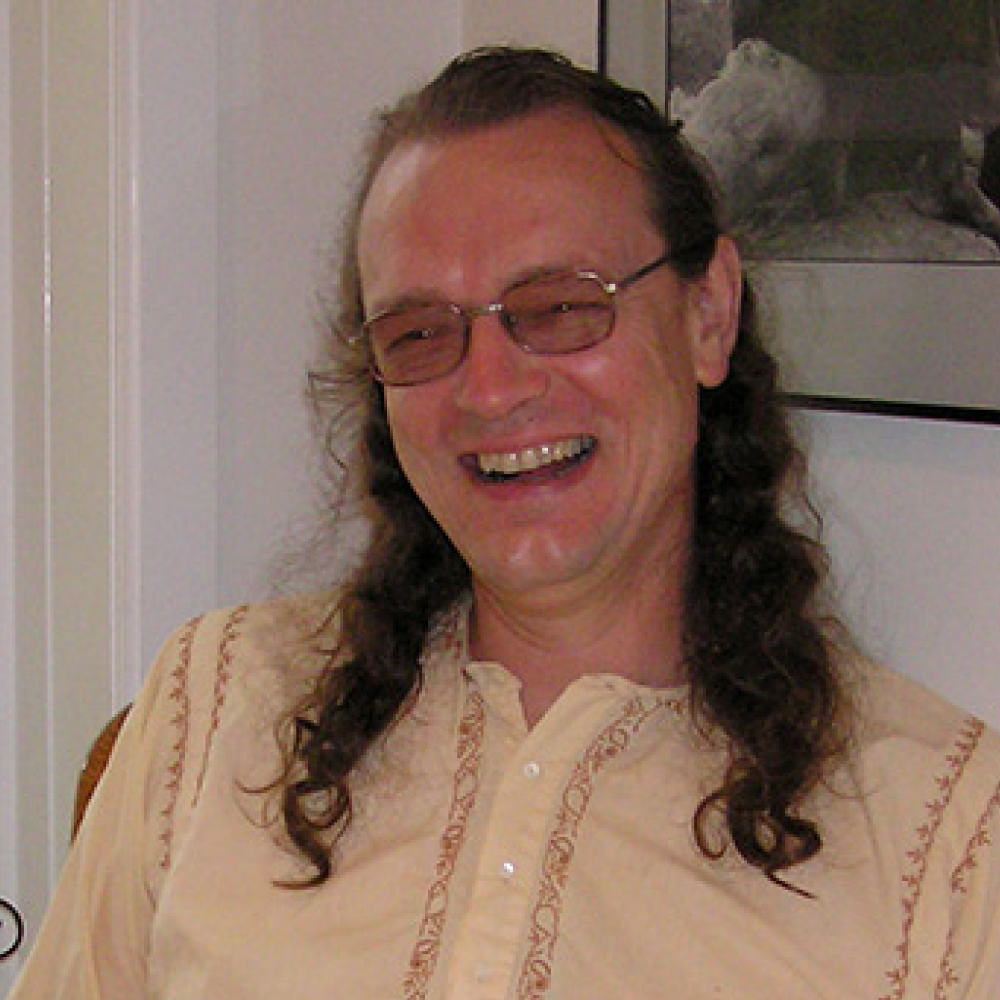
Department
Website
Packer LabContact
Office Location Lumbers Building, 345Phone Number (416)736-2100 x 22663
Research Focus
Research in my laboratory focuses on wild bees, of which there are over 20,000 species divided into approximately 500 genera. The research collection I manage has almost 95% of these bee genera represented and likely more than 30% of the world’s bee species with examples from over 100 countries. There are literally hundreds of undescribed species in the collection, we are working to describe them. We have also worked on the ecology, behaviour, population genetics and conservation of bees and are active in DNA barcoding of the bees of the world. There is a sideline research area of evaluating taxonomic methodologies (see Packer et al., 2018) as an example. Recent graduate students have performed revisionary studies of genera, described new species, placed fossils within a rigorous phylogenetic framework, studied the behaviour and ecology of urban bees and investigated bee biogeography in the Atacama Desert.
Future research activity is expected to concentrate on bee taxonomy, phylogeny and biogeography, with particular emphasis on desert bees and also on the development of user-friendly identification keys to the bees of various parts of the world.
Students working in my laboratory should expect to spend a lot of time doing fieldwork: the only way to really understand the biology of a taxonomic group. I have a “hands-off” approach to supervision and my name only appears on graduate student publications if I performed a reasonable proportion of the actual physical work or the writing, or if the research is the result of a wider collaborative effort.
No longer taking on any new graduate students due to impending retirement.
Sub-Discipline
Bees, especially their taxonomy, phylogeny and biogeography.




